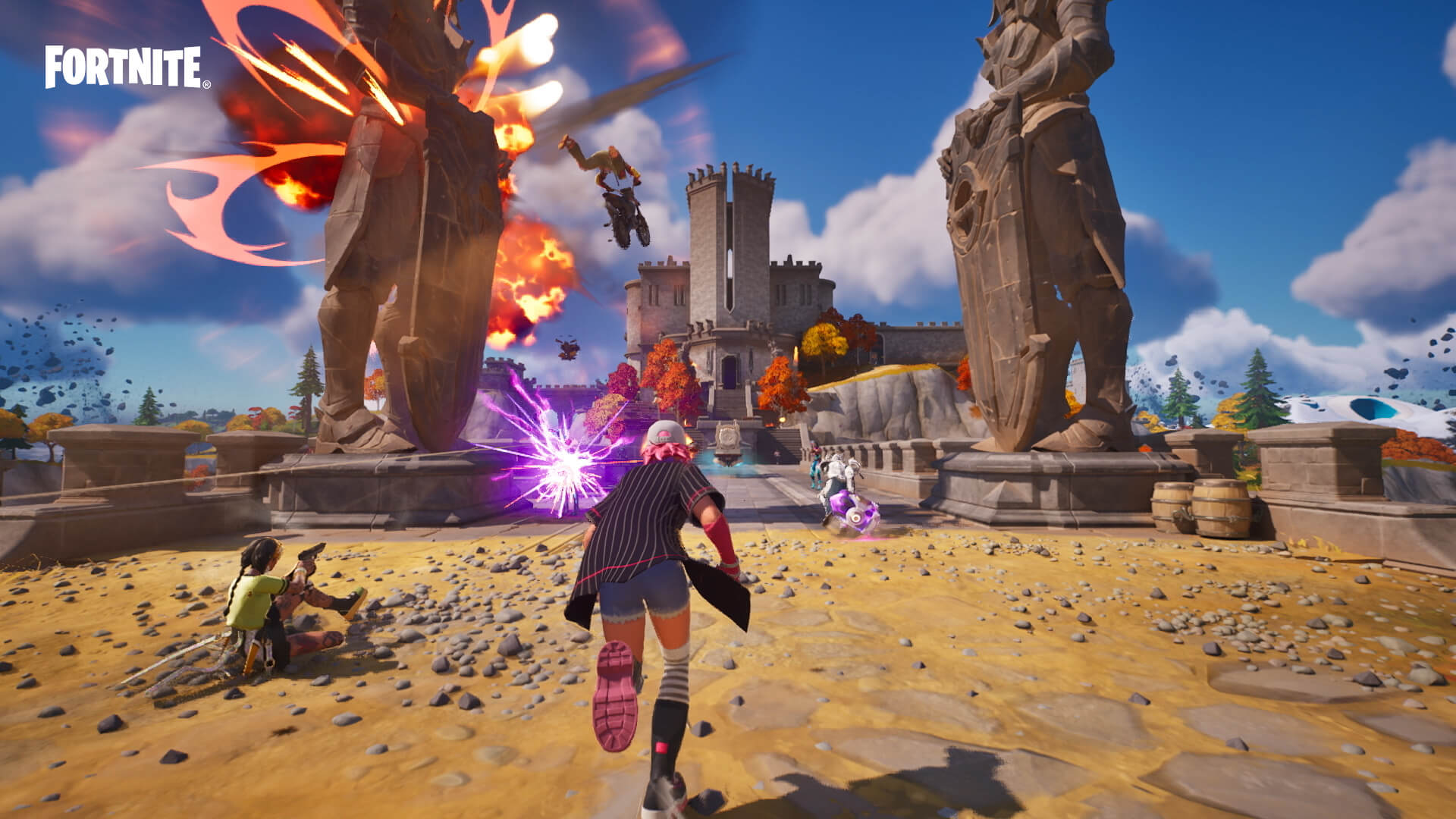Fortnite developer to pay record sum in fines and refunds to players
Games publisher Epic Games has settled a dispute with the Federal Trade Commission (FTC) to pay $520m / £428.4m/ AU$778m in fines and relief following violations of the Children’s Online Privacy Protection Act (COPPA).
Epic Games, creators of online battle royale Fortnite, will be paying one cash penalty of $275m /£225.8m /AU$411.9m for going against COPPA practices and another sum of $245m/ £201.3m / AU$366.9m to be distributed in refunds. This is the “largest penalty ever obtained for violating an FTC rule,” the US watchdog says in its official statement. In addition to the fines, the FTC says Epic Games needs to “adopt strong privacy default settings for children and teens, ensuring that voice and text communications are turned off by default.”
“We accepted this agreement because we want Epic to be at the forefront of consumer protection and provide the best experience for our players,” Epic said in a statement. “Over the past few years, we’ve been making changes to ensure our ecosystem meets the expectations of our players and regulators, which we hope will be a helpful guide for others in our industry.”
Epic signed a settlement with the FTC covering their concerns with Fortnite item shop features, refunds, and parental permissions.Here's detail on how we've been evolving Fortnite since 2017, as well as thoughts all game developers should consider.https://t.co/mb4w3NHas3December 19, 2022
The fine print
The lump sum will be collected by the FTC from Epic Games to settle its dispute via the US Department of Justice. It serves as reparations for two separate code violations: one pertinent to privacy violation, and the other to the “illegal dark patterns” of the Epic Games business model itself.
The FTC’s complaint against Epic’s “dark patterns” is threefold; firstly, that it uses said patterns and business models to “trick users into making purchases”, secondly that it “charged account holders without authorization,” and thirdly that it withheld pre-purchased content and refused to refund it.
Epic Games violated COPPA by retaining user information without acquiring parental consent, and the FTC says Fortnite’s default privacy settings put children and teenagers in harm’s way.
“Epic used privacy-invasive default settings and deceptive interfaces that tricked Fortnite users,” FTC Chair Lina M. Khan said in the commission’s statement
According to the FTC, these patterns included how “players could be charged while attempting to wake the game from sleep mode, while the game was in a loading screen, or by pressing an adjacent button while attempting simply to preview an item.”
Until 2018, in-game purchases could be carried out without confirmation from account holders. “Epic allowed children to purchase V-Bucks by simply pressing buttons without requiring any parental or card holder action or consent,” the FTC says, with parents complaining that their children had enacted these purchases and racked up hefty bills without their consent.
Further to these instances of unapproved purchases, the FTC says that “Epic locked the accounts of customers who disputed unauthorized charges with their credit card companies.” This would effectively cut users off from the content they had bought, supervised or not, which could amount to thousands of lost dollars, and users with accounts reinstated by Epic allegedly received warnings that their accounts would be lost for good if they made any further attempts at refunding purchases
“This proposed order sends a message to all online providers that collecting children’s personal information without parental consent will not be tolerated,” Associate Attorney General Vanita Gupta says FTC statement.

Epic Games responds
Epic says in its statement that saving payment details is a “common way to streamline the checkout process,” but that it has “agreed with the FTC to change this practice, and [it] now offer[s] an explicit yes or no choice to save payment information.”
Of the allegations of accounts being banned for reversing unauthorized payments, Epic Games has “updated [its] chargeback policy to account for non-fraud related scenarios and will only disable accounts when fraud indicators are present.”
As regards to child endangerment, Epic Games reaffirms that “Fortnite is rated Teen and is directed at an older teen and college-aged audience.” It also refers to its recent introduction of Cabined Accounts, described as “a new type of Epic account that provides a tailored experience that is safe and inclusive for younger players.” This would provide a space for players aged 13 or younger to play Fortnite “in a tailored environment where certain features, such as chat and purchasing, are disabled” until their account receives parental consent.
Epic closes its statement by saying it shares the same values as the FTC regarding child protection and transparency of in-game purchases. “We share the underlying principles of fairness, transparency, and privacy that the FTC enforces, and the practices referenced in the FTC’s complaints are not how Fortnite operates.”
Post a Comment for "Fortnite developer to pay record sum in fines and refunds to players"